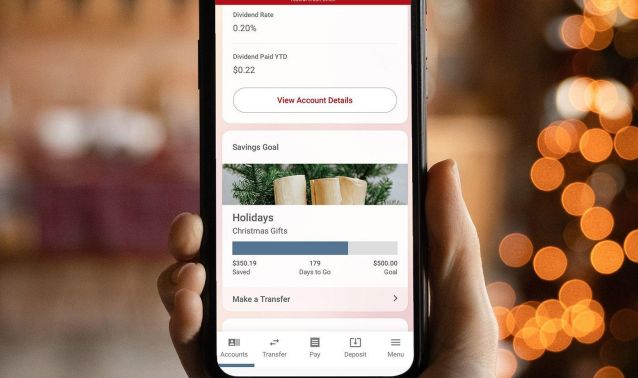Tips to Prevent Identity Theft
Share this article:

We live in an increasingly digital world. People use devices and technology to shop for everything from groceries and clothing to furniture and electronics. We sign into multiple websites and apps to communicate with family and friends, manage finances, plan vacations, and everything in between. While increased accessibility helps make activities quick and convenient, having so much of our personal information online leaves us vulnerable to cyber criminals. As the multitude of online services has expanded, so has the rate of fraudsters engaging in identity theft.
Still, there are many things you can do to protect your personal information and stop fraudsters in their tracks. Here are some simple tips to help prevent identity theft:
Keep a close eye on your credit report.
Monitoring your credit report frequently can go a long way in preventing identity theft. Many financial institutions, including Ascend, have tools to help you monitor your credit. You can also get a free credit report at annualcreditreport.com. . If you find any unusual activity or see an unfamiliar account or creditor name on your report, contact the creditor directly for details
If you do find fraudulent activity on your credit report, you can file a dispute with the appropriate credit reporting agency (Equifax, TransUnion, and Experian). You’ll need to dispute the information with each agency separately if it’s found on multiple reports. It is also a good idea to file a police report, because some creditors or credit bureaus may require a copy before they move forward with a dispute.
Consider a credit freeze or fraud alert.
Credit freezes and fraud alerts add an extra layer of protection, all at no cost to you. A credit freeze restricts access to your credit report, preventing any new credit account from being established in your name. A fraud alert is similar, but instead of completely restricting new credit accounts, it instead notifies creditors to take extra security measures before offering credit.
If fraud or identity theft is suspected, it's a good idea to freeze your credit and set up a fraud alert with all three credit bureaus (Equifax, TransUnion, and Experian). To enable the freeze, you simply need to call each bureau directly or set up an online account. Enabling a fraud alert is even easier, as you only need to contact one of the credit bureaus to place the alert, and that bureau will automatically notify the other two credit bureaus.
It’s important to note that freezing your credit does not freeze your credit score. Any credit accounts established pre-freeze can still alter your credit score. While your credit is frozen, any time a hard credit inquiry is needed (shopping for a car, mortgage, etc.) you will need to unfreeze your credit.
Do a password audit
It’s convenient to re-use the same passwords across websites and platforms, but doing so does put you at greater security risk. Be sure to create strong, unique passwords for each account. Consider utilizing a password manager to help you keep track of different log-ins. Some lenders will allow you to create a passphrase before accessing any credit accounts in-person. This can be a great way to bolster your account security.
Protect your personal information
Be vigilant about sharing personal information, especially if you get a suspicious call, email, or text message claiming to be from a trusted individual or financial institution If you are an Ascend member and receive a suspicious message that appears to be from Ascend, call 800-342-3086 to confirm the validity of the message. Do not call the phone number listed in the message or click any links.
With these tips, you’ll be able to proactively guard yourself from attempts at identity theft. From our robust card controls to our secure digital banking platform, safeguarding member information remains our top priority at Ascend. If you believe you’ve fallen victim to a scam, contact us immediately at 800-342-3086. For additional tips to help protect your personal and financial information from scammers, visit our fraud prevention page or our blog on cryptocurrency scams.



